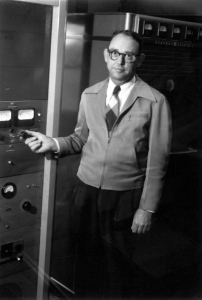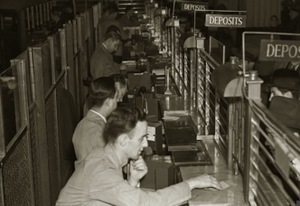I gave up Twitter two years ago, never did Facebook and said goodbye to Google+ recently. Social media seemed only slightly less afflictive than opioid addiction. But this post by Kevin Drum offers a glimmer of hope:
The internet boasts an immediacy that allows it to pack a bigger punch than any previous medium. But this is hardly something new. Newspapers packed a bigger punch than the gossipmonger who appeared in your village every few weeks. Radio was more powerful than newspapers. TV was more powerful than radio. And social media is more powerful than TV.
Broadly speaking, the world is not worse than it used to be. We simply see far more of its dark corners than we used to, and we see them in the most visceral possible way: live, in color, and with caustic commentary.
The money quote: “If you want to make things better, you first have to convince people that something bad is happening. Social media does that.”

 “Just as newspapers fell off a cliff, radio is about to follow. It’s going to happen faster than anyone expects. And of course, it will be replaced by a new thing, a long tail of audio that’s similar (but completely different) from what we were looking for from radio all along. And that audience is just waiting for you to create something worth listening to.”
“Just as newspapers fell off a cliff, radio is about to follow. It’s going to happen faster than anyone expects. And of course, it will be replaced by a new thing, a long tail of audio that’s similar (but completely different) from what we were looking for from radio all along. And that audience is just waiting for you to create something worth listening to.” I’ve enjoyed my VISA Amazon rewards card (from Chase) and I’ve used the points to make purchases. But rewards cards (at least this one) is not part of the Apple Pay system. No problem. Took about 5 minutes to get approved for a card that will work with Apple Pay. Haven’t decided on whether to keep the Amazon card.
I’ve enjoyed my VISA Amazon rewards card (from Chase) and I’ve used the points to make purchases. But rewards cards (at least this one) is not part of the Apple Pay system. No problem. Took about 5 minutes to get approved for a card that will work with Apple Pay. Haven’t decided on whether to keep the Amazon card.